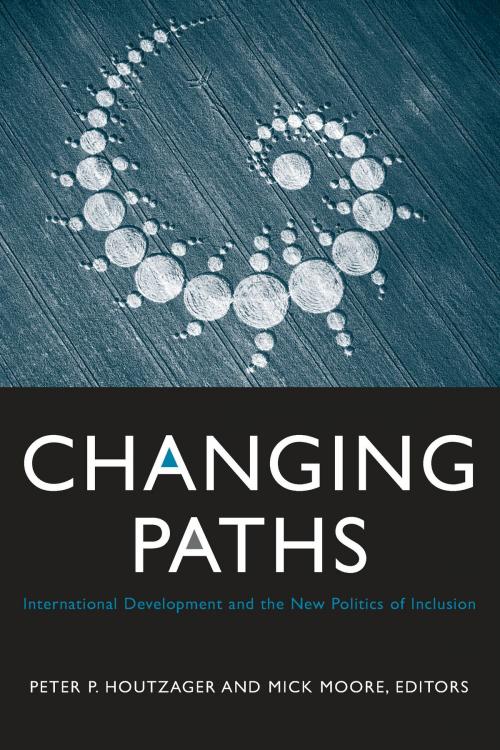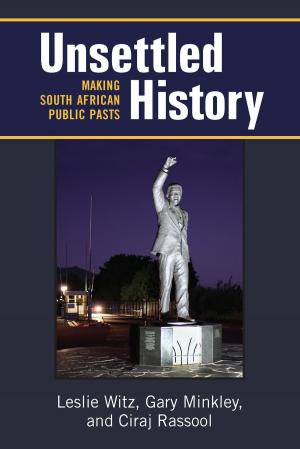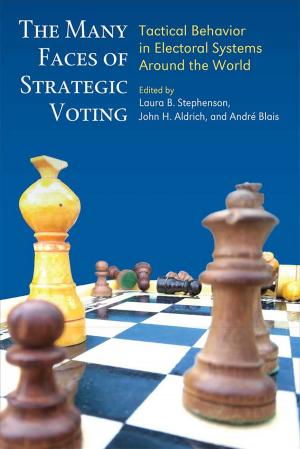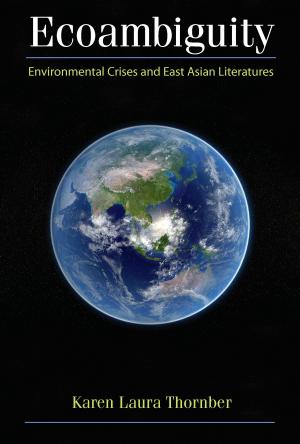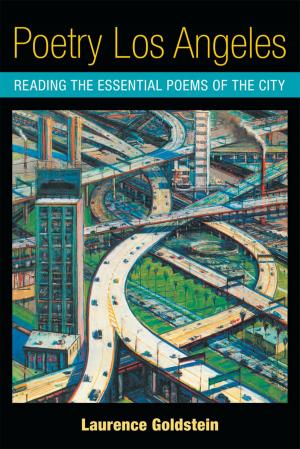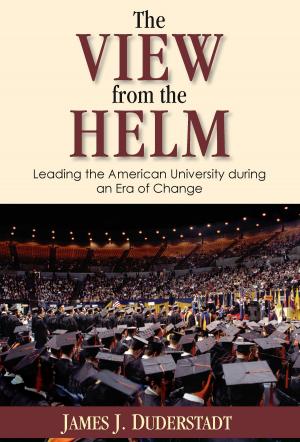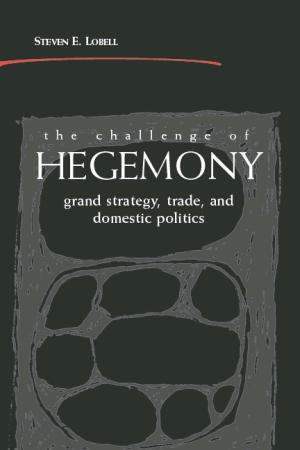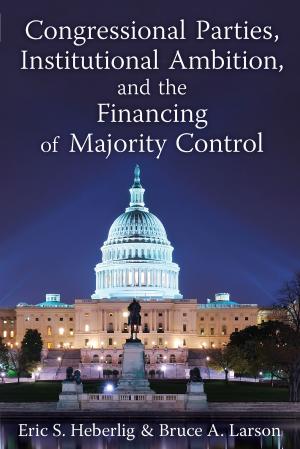Changing Paths
International Development and the New Politics of Inclusion
Business & Finance, Economics, Development & Growth, Nonfiction, Social & Cultural Studies, Political Science, Politics, Economic Policy| Author: | ISBN: | 9780472024810 | |
| Publisher: | University of Michigan Press | Publication: | December 14, 2009 |
| Imprint: | University of Michigan Press | Language: | English |
| Author: | |
| ISBN: | 9780472024810 |
| Publisher: | University of Michigan Press |
| Publication: | December 14, 2009 |
| Imprint: | University of Michigan Press |
| Language: | English |
After two decades of marketizing, an array of national and international actors have become concerned with growing global inequality, the failure to reduce the numbers of very poor people in the world, and a perceived global backlash against international economic institutions. This new concern with poverty reduction and the political participation of excluded groups has set the stage for a new politics of inclusion within nations and in the international arena. The essays in this volume explore what forms the new politics of inclusion can take in low- and middle-income countries. The contributors favor a polity-centered approach that focuses on the political capacities of social and state actors to negotiate large-scale collective solutions and that highlights various possible strategies to lift large numbers of people out of poverty and political subordination.
The contributors suggest there is little basis for the radical polycentrism that colors so much contemporary development thought. They focus on how the political capabilities of different societal and state actors develop over time and how their development is influenced by state action and a variety of institutional and other factors. The final chapter draws insightful conclusions about the political limitations and opportunities presented by current international discourse on poverty.
Peter P. Houtzager is a Fellow at the Institute of Development Studies, University of Sussex. He has been a visiting scholar at the Center for Latin American Studies, University of California, Berkeley, visiting lecturer at Stanford University, and lecturer at St. Mary's College. A political scientist with broad training in comparative politics and historical-institutional analysis, he has written extensively on the institutional roots of collective action.
Mick Moore is a Fellow at the Institute of Development Studies, University of Sussex, as well as Director of the Centre for the Future State. He has been a visiting professor at the Massachusetts Institute of Technology. His professional interests include political and institutional aspects of poverty reduction and of economic policy and performance, the politics and administration of development, and good government.
After two decades of marketizing, an array of national and international actors have become concerned with growing global inequality, the failure to reduce the numbers of very poor people in the world, and a perceived global backlash against international economic institutions. This new concern with poverty reduction and the political participation of excluded groups has set the stage for a new politics of inclusion within nations and in the international arena. The essays in this volume explore what forms the new politics of inclusion can take in low- and middle-income countries. The contributors favor a polity-centered approach that focuses on the political capacities of social and state actors to negotiate large-scale collective solutions and that highlights various possible strategies to lift large numbers of people out of poverty and political subordination.
The contributors suggest there is little basis for the radical polycentrism that colors so much contemporary development thought. They focus on how the political capabilities of different societal and state actors develop over time and how their development is influenced by state action and a variety of institutional and other factors. The final chapter draws insightful conclusions about the political limitations and opportunities presented by current international discourse on poverty.
Peter P. Houtzager is a Fellow at the Institute of Development Studies, University of Sussex. He has been a visiting scholar at the Center for Latin American Studies, University of California, Berkeley, visiting lecturer at Stanford University, and lecturer at St. Mary's College. A political scientist with broad training in comparative politics and historical-institutional analysis, he has written extensively on the institutional roots of collective action.
Mick Moore is a Fellow at the Institute of Development Studies, University of Sussex, as well as Director of the Centre for the Future State. He has been a visiting professor at the Massachusetts Institute of Technology. His professional interests include political and institutional aspects of poverty reduction and of economic policy and performance, the politics and administration of development, and good government.
